UNFAMILIAR TIES: HYPERCULTURAL CONVERSATIONS:
Vienne Chan is going to talk about her ongoing interventionist Artproject in Israel/Palestine.
WEDNESDAY, MAI 17, 8 PM
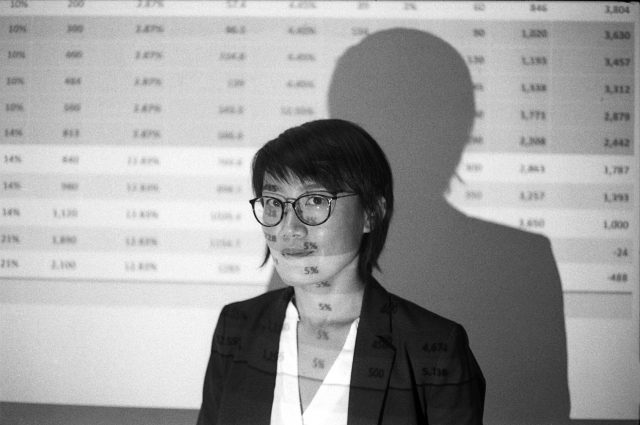

UNFAMILIAR TIES: HYPERCULTURAL CONVERSATIONS:
Vienne Chan is going to talk about her ongoing interventionist Artproject in Israel/Palestine.
WEDNESDAY, MAI 17, 8 PM

Another Port Journey Exchange and our premiere artist in residence from Island – together with the artist Hekla Dögg Jónsdóttir and the art space Kling og Bang we start an exchange with artists from Reykjavík. First to come is […]
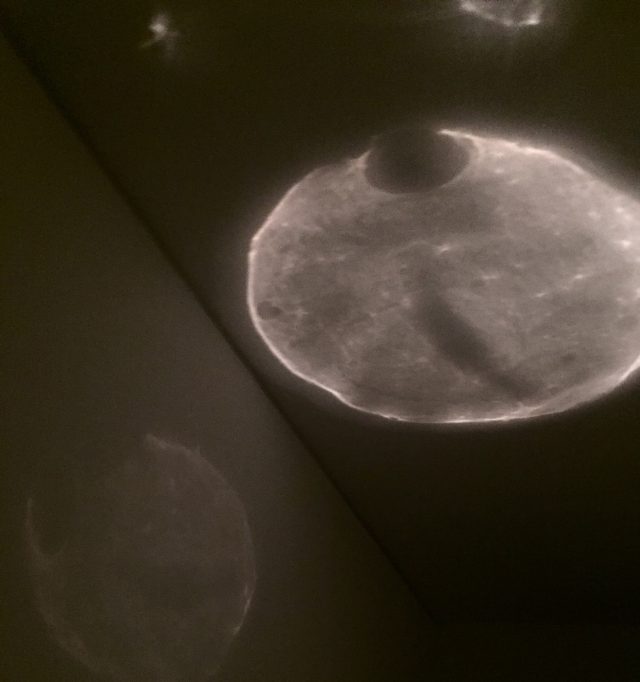
Hyper Cultural Messengers – Reise-Stipendium
Künstlerische Reise-Forschung zu Orten und Ländern abseits der globalisierten Hauptwege von Kunst und Kultur.
FRISE- Künstlerhaus Hamburg e.V. schreibt im Rahmen des Projekts Hyper Cultural Passengers, finanziert mit Mitteln des Elbkultur-Fonds, 2017 drei Reisestipendien für Künstler*innen aus Hamburg aus.
A lecture by Dr. Heidi Salaverría – philosopher, Hamburg
Keynote for the Port Journey Meeting 2016 at the Frise/ArtCenter Hamburg, Germany.
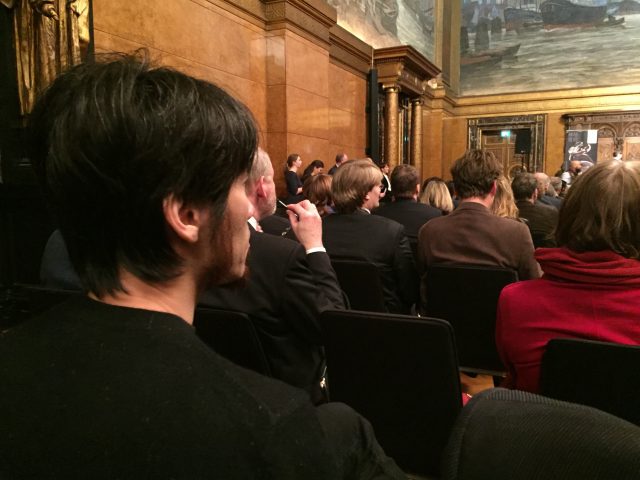
Guest Artist for the Hamburg CHINATIME 2016 For a period of four weeks, the artist Zhenchen Liu worked together with Torsten Bruch, in the pursuit of interpreting each other’s different perspectives. This ‘Conversation-Art-Process’ was documented and presented […]
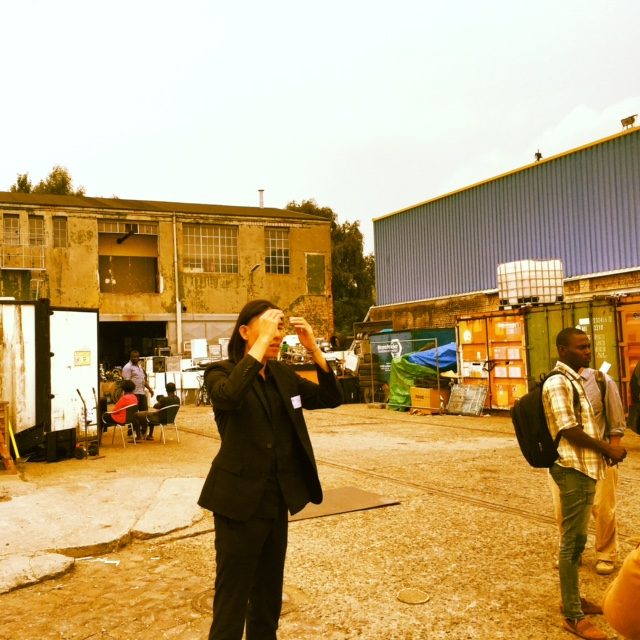
滞在3日目、土曜日。この日は10時間近く、ひたすら英語のプレゼンを聞き続けるというハードな日……。前のめりになる話もあれば、全然耳に入ってこないものもあり。もちろんわたしの英語力の問題もあるけれど。 非常に興味深かったのはアンマン(ヨルダン)のReham[…]
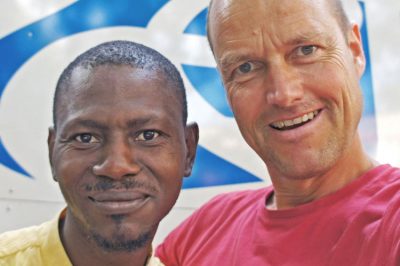
TRACING HYPER PASSAGES / GUIDED TOURS THROUGH HAMBURG with Micheal Olokodana, Printer and Till Krause, Artist, Galerie für Landschaftskunst Taking a walk, following two monumental city axis, one of state sovereignity, one of economy, erring around […]

Looking for Changes | Revisiting Tour. – In 2010, the Academy of Another City created a temporary Art Route across Hamburg called “Looking for Changes” along the S-Bahn line 3, which connects the north and the south of the city.
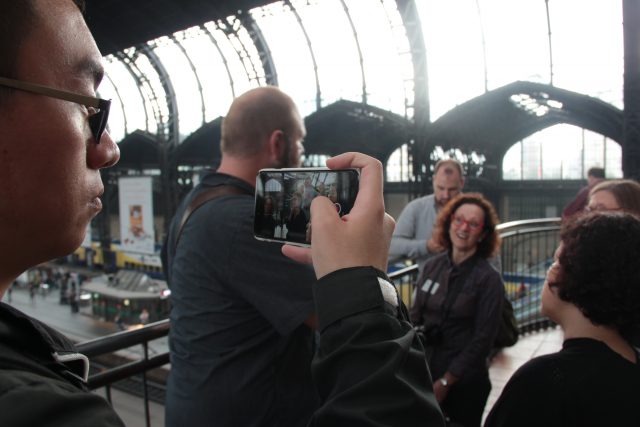
TRACING HYPER PASSAGES / GUIDED TOURS THROUGH HAMBURG All over the world a government sometimes clashes with society. Artists can start the clash or come up with a solution for it! In this tour we […]

Measuring hyper links on passages to similarities. How to talk about hyper culturalism with the means of art? The Port Journey 2016 Exhibition with: Jaime Ibanez (Groningen/Nl), Klaske Oenema (Groningen/Nl), Tim Schwartz (Los Angeles/USA), Reham Sharbaji (Amman/Jordan)
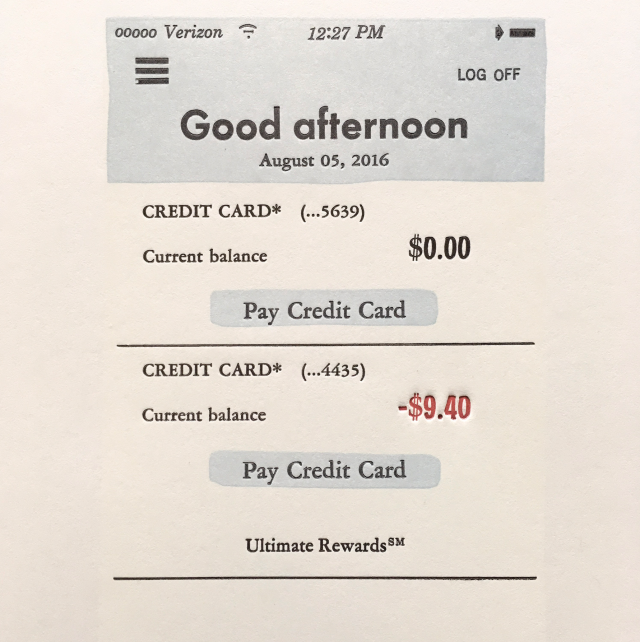
Tim Schwartz (b. 1981 Boston, Massachusetts) is a Los Angeles-based artist, technologist, and activist who makes works of art focused on technology, information, privacy, and how our culture absorbs changes in these areas.
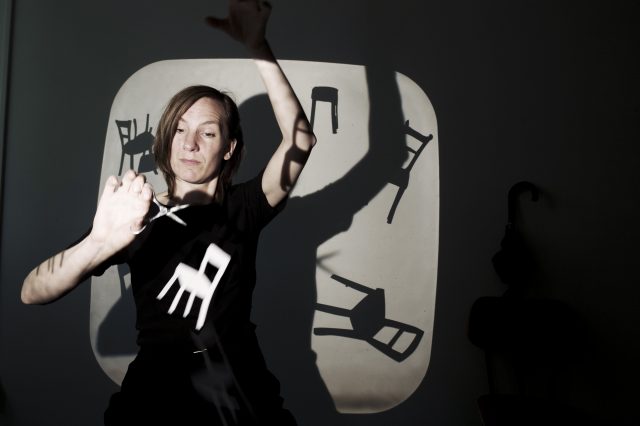
PARTICIPATING ARTIST OF THE EXHIBITION “THE SHAPE OF THINGS TO COME”, PORT JOURNEY MEETING 2016 About my work: The story, the narrative, forms the center of my work. This can be explicit and unfolding in an […]
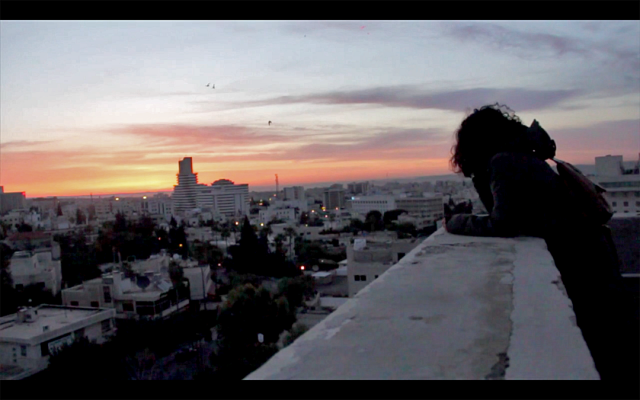
In the Arabic language, every noun and name is gendered, and so everything becomes personified merely because the nature of the language deems it so. And so, Amman is identified as feminine, carrying with it all the nuances that are associated with gender.

PARTICIPATING ARTIST OF THE EXHIBITION “THE SHAPE OF THINGS TO COME”, PORT JOURNEY MEETING 2016 Jaime Ibanez designs his own systems which are related to cinema, theatre and music. These are “primitive” animations, installations, theatre […]
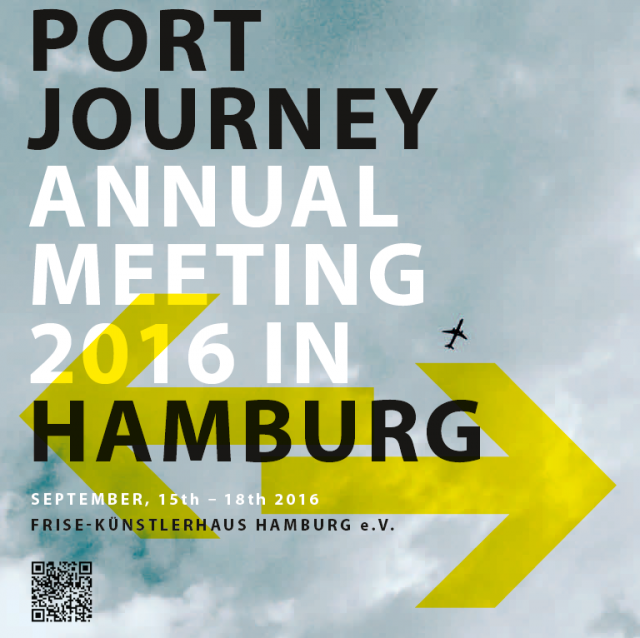
Conference with Talks, and Discussions of Portourney Partners: Zou-no-hana Terrace /Yokohama, Halcyon Art Center/Shanghai, The Periscope Project/San Diego, Forum Box/Helsinki, Frame/Finnland, HaVic/Groningen, Spring Sessions/Amman, Kling og Bang/Reykjavík
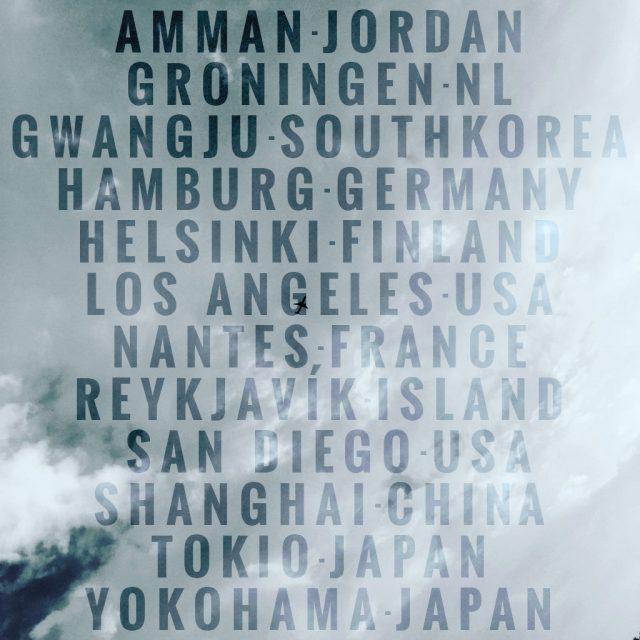
For the third time artists, cultural activists, and theorists from different countries gather for the PortJourney annual meeting, which will be held in September 15-18th 2016 in Hamburg, Germany, at the Art Center FRISE.

For ‘FRISE Atonale Special’ four young artists from Istanbul / Maltepe came to Altona. Currently, all Masters students are at Yeditepe University, which is located on the Asian side of Istanbul. Brought along the artists have drawings, paintings and video works.
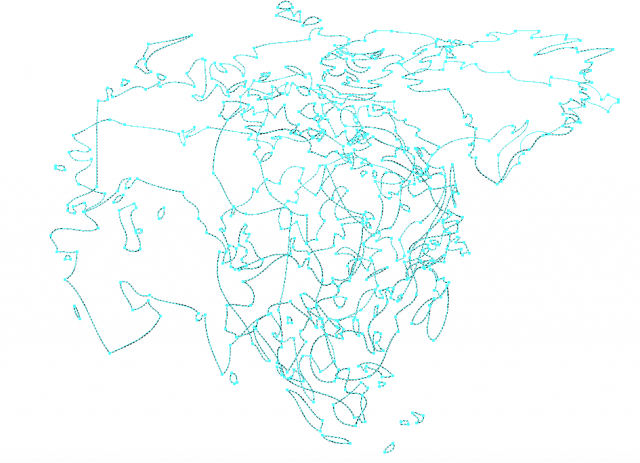
What’s the meaning of art and culture in a world of simultaneity, a world in which European tourists take a swim in the same waters of the Mediterranean Sea in which refugees, deprived of their existence, drown by the hundreds? What’s the promise of the word culture in a world of mobility taking a shortcut by supersonic speed, therefore making distances more and more insignificant and places getting closer?
ARTIST TALK by the artist Naini Arora
Friday/May/06/2016, at AiR Studio- Künstlerhaus Frise.
Kurze Schnitte – der Blick durch das Objektiv auf Kunst und Künstler in China seit 1993. Vortrag am 25.05.2016, 19:30 Uhr FRISE AiR Studio Arnoldstraße 26, 22765 Hamburg www.frise.de
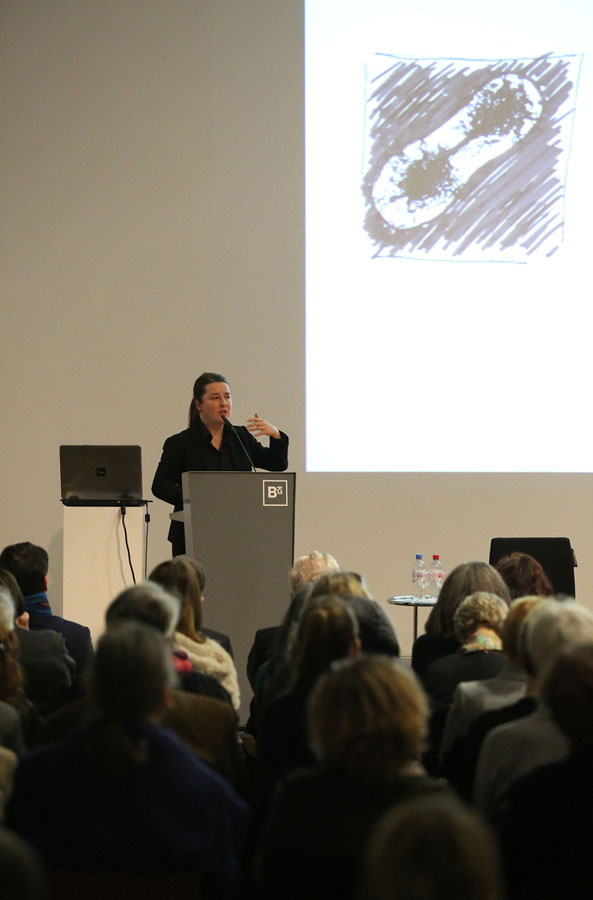
MEMBER OF THE HYCP CREW
Dr. Heidi Salaverría is a philosopher, lecturer, and performance artist, born in 1969 in Caracas, Venezuela, living in Hamburg, Germany.

MEMBER OF THE HYCP CREW
Chrisdian Wittenburg, geb. 1965 in Hamburg, Künstler/Aktivist zum Thema „Behinderung“
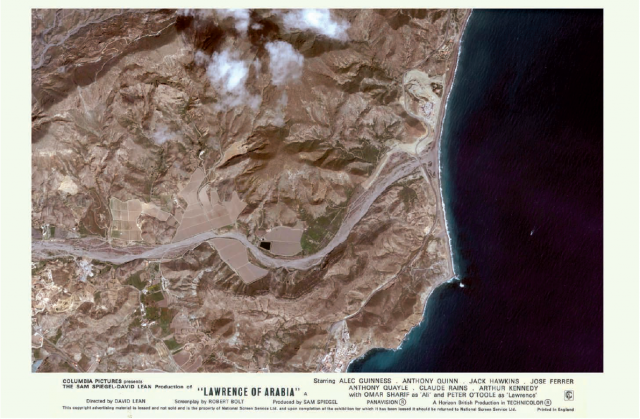
MEMBER OF THE HYCP CREW
Michael Kress, is a conceptual artist, born in 1964, in Munich, Germany, living in Hamburg. The focus of his work is semiotics and language as a normative moment in the construction of a media-identity.

Thomas Füsser einwirft Bilder einer chinesischen Innenansicht aus einer intensiven Nähe zu den Künstlern und ihrer Kunst. Ein Portrait einer rasenden Zeit, ein Stück chinesische-, ein Stück Welt-Kunstgeschichte.
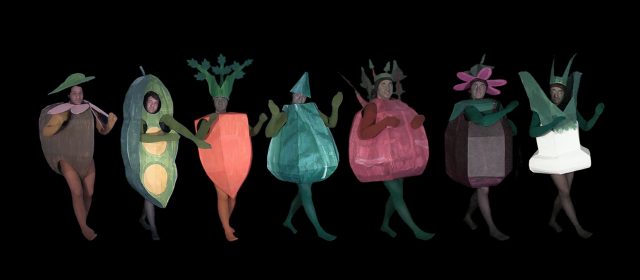
MEMBER OF THE HYCP CREW
Torsten Bruch (b. 1973) is a visual and acting artist born in Hannover, Germany. He is now living in Hamburg.

Save the date: 2016-September 15th. to 18th..
For the third time the PORTJOURNEY network will come together and share ideas of art/culture projects and perspectives of art exchange in a globalized world. Hosted @ FRISE/Hamburg!
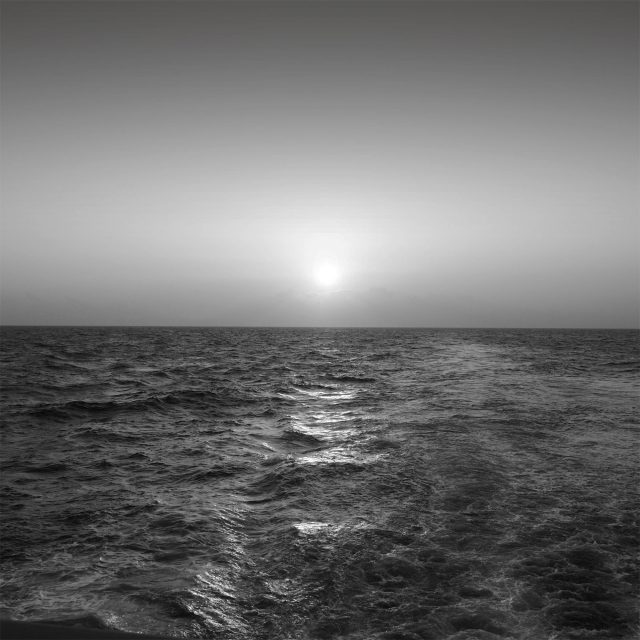
PLS. learn more about the Portjourney Network ポートジャーニー | PORTJOURNEYS WEBSITE

Als Hannah Arendt davon sprach, dass man seine Einbildungskraft lehren solle, Besuche zu machen…
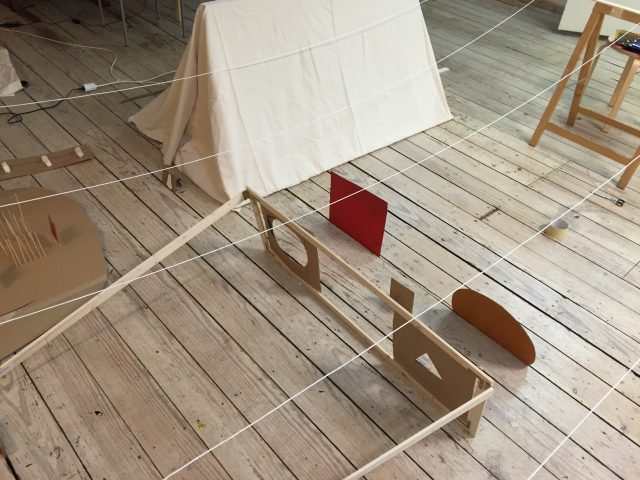
First to come as a HyCPassengers was Jaime Ibanez from Groningen/Netherlands. He stayed in Hamburg at FRSIE AiR form March to April 2016. Jaime comes from an art background, but stages his works in theatre and […]

Gabriele Münter, Wassily Kandinsky, Emil Orlik, René Beeh, Paul Klee, August Macke, Louis Moilliet, Karl Hofer, Max Pechstein Paul Gauguin, Ottilie Reylaender, Walther Spies … um nur einige Namen der klassischen Moderne zu nennen, haben etwas für sich in Erfahrung gebracht, was ein Jahrhundert später zum Common-Sense einer Informations-Gesellschaft gehört.
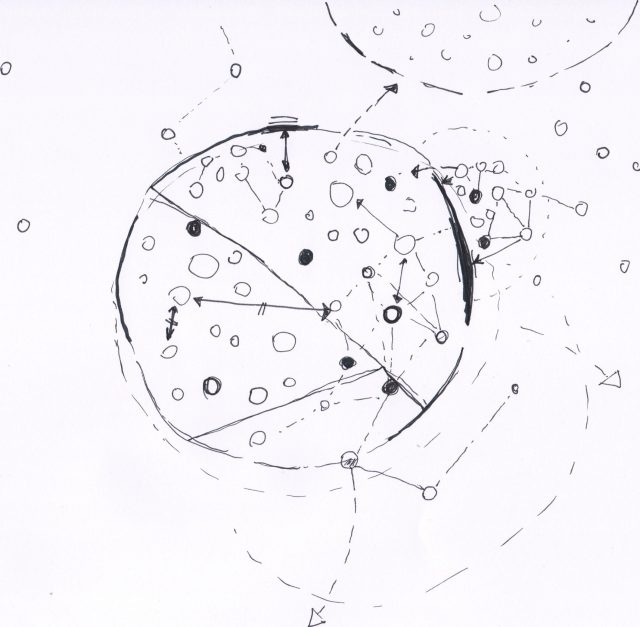
One of the biggest problems of our civilization is a misguided idea of the self. Conceptually, as well as in everyday practices, the general expectation is to display a self-certain, determined posture and to act correspondingly.
To think with an enlarged mentality means that one trains one's imagination to go visiting.Hannah Arendt
And all of it is yours and mine So let's ride and ride and ride and ride